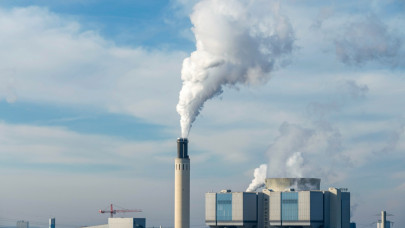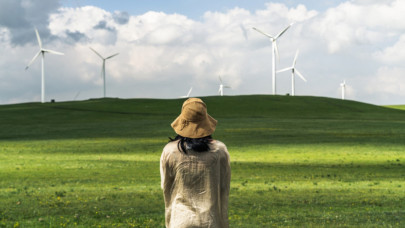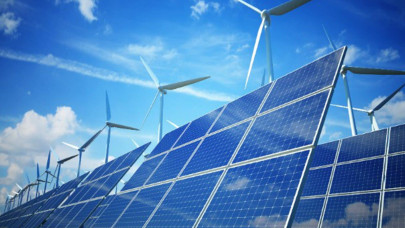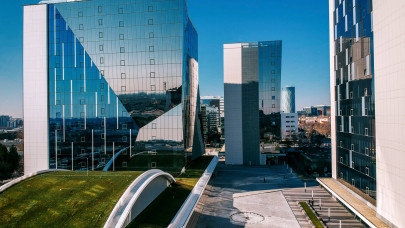By making a minimum of recharging and refueling infrastructure available across the EU the regulation will end consumer concerns about the difficulty to recharge or refuel a vehicle. AFIR also paves the way for a user-friendly recharging and refueling experience, with full price transparency, common minimum payment options, and coherent customer information across the EU.
The new AFIR rules will ensure sufficient and user-friendly alternative fuel infrastructure for road, shipping, and aviation. This will enable the use of zero-emission road vehicles, in particular electric and hydrogen light- and heavy-duty vehicles, as well as electricity supply to moored vessels and stationary aircraft. Specifically, the following main deployment targets will have to be met in 2025 or 2030:
1) Recharging infrastructure for cars and vans has to grow at the same pace as vehicle uptake. To that end, for each registered battery-electric car in a given Member State, a power output of 1.3 kW must be provided by publicly accessible recharging infrastructure. In addition, every 60 km along the trans-European transport (TEN-T) network, fast recharging stations of at least 150 kW need to be installed from 2025 onwards.
2) Recharging stations dedicated to heavy-duty vehicles with a minimum output of 350 kW need to be deployed every 60 km along the TEN-T core network, and every 100 km on the larger TEN-T comprehensive network from 2025 onwards, with complete network coverage to be achieved by 2030. In addition, recharging stations must be installed at safe and secure parking areas for overnight recharging as well as in urban nodes for delivery vehicles.
3) Hydrogen refueling infrastructure that can serve both cars and lorries must be deployed from 2030 onwards in all urban nodes and every 200 km along the TEN-T core network, ensuring a sufficiently dense network to allow hydrogen vehicles to travel across the EU.
4) Maritime ports that see at least 50 port calls by large passenger vessels, or 100 port calls by container vessels, must provide shore-side electricity for such vessels by 2030. This will not only help reduce the carbon footprint of maritime transport but also significantly reduce local air pollution in port areas.
5) Airports must provide electricity to stationary aircraft at all contact stands (gates) by 2025, and at all remote stands (outfield positions) by 2030.
6) Operators of electric recharging and hydrogen refueling stations must ensure full price transparency, offer a common ad hoc payment method such as debit or credit card, and make relevant data, such as that on location, available through electronic means, thereby ensuring the customer is fully informed.
“The transition to zero-emission mobility has to be supported by the right infrastructure, ready for you when you need it, where you need it. Electric or otherwise, we want every driver in Europe to be certain that they can travel in confidence throughout the continent. With this agreement, we ensure that there are sufficient and user-friendly options available throughout Europe, for both cars and heavy-duty vehicles”, says Frans Timmermans, Executive Vice-President for the European Green Deal.
The political agreement reached this week must now be formally adopted. Once this process is completed by the European Parliament and the Council, the new rules will be published in the Official Journal of the European Union and enter into force after a transitional period of 6 months.
“Today's agreement takes us a step further on the pathway to decarbonizing mobility in Europe. It will ensure that citizens and transport and logistics companies alike can rely on a strong network for charging and refueling infrastructure on our roads, and in our ports and airports, across the European Union. In many of these technologies, Europe has the technological leadership, and such investments will further help us create jobs in Europe”, says Adina Vălean, Commissioner for Transport.
The European Green Deal is the EU's long-term growth strategy to make the EU climate-neutral by 2050. To reach this target, the EU must reduce its emissions by at least 55% by 2030, compared to 1990 levels. This week's agreement is another important step in the adoption of the Commission's ‘Fit for 55' legislative package to deliver the European Green Deal. It follows other recent deals, most recently on sustainable fuels for shipping.














